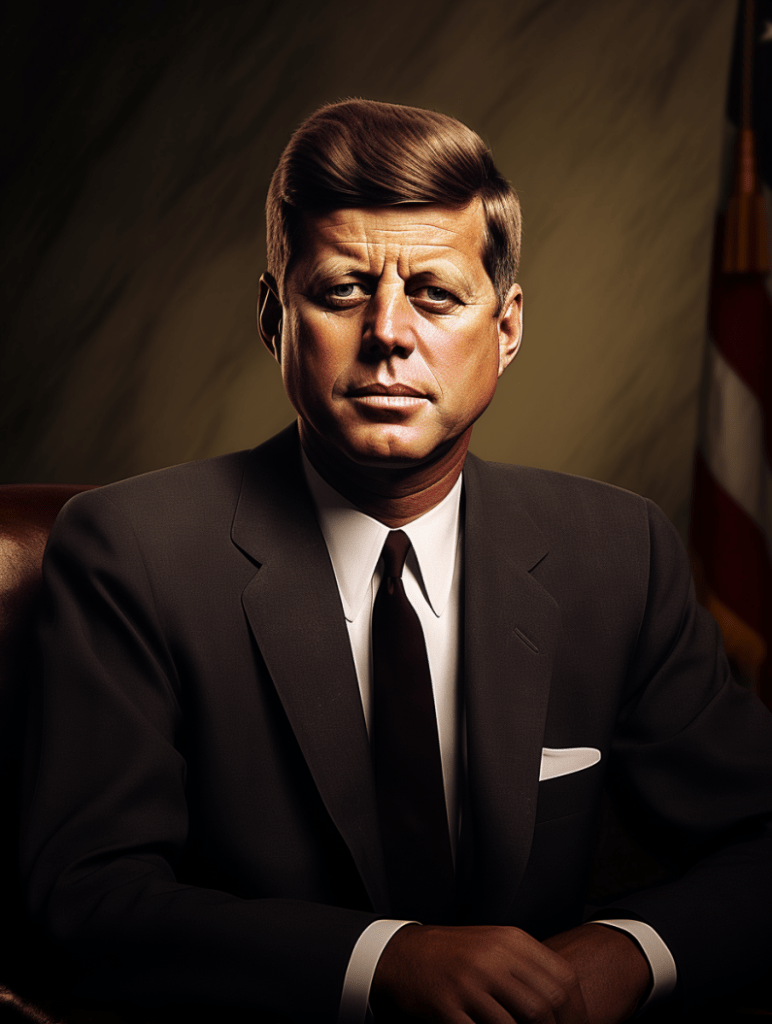On This Day Nov 22, 1963, the world was stunned as President John F. Kennedy was tragically assassinated in Dallas, Texas. This shocking event not only marked a devastating loss for the United States but also left an indelible impact on global history. President Kennedy, known for his inspiring rhetoric and vision for a better future, was cut down in the prime of his presidency. His untimely death had profound implications for the nation and sparked numerous investigations, theories, and a collective sense of mourning.
The assassination of President Kennedy prompted a reevaluation of presidential security measures. The Secret Service, responsible for protecting the President, underwent significant changes to enhance the safety of future leaders.
The tragic event also gave rise to a plethora of conspiracy theories surrounding the circumstances of Kennedy’s death. The Warren Commission, established to investigate the assassination, concluded that Lee Harvey Oswald acted alone, but skepticism and alternative theories persist, contributing to the enduring mystery and controversy surrounding that fateful day. The legacy of John F. Kennedy endures, shaping not only the nation’s history but also its approach to presidential security and the scrutiny of significant historical events.
